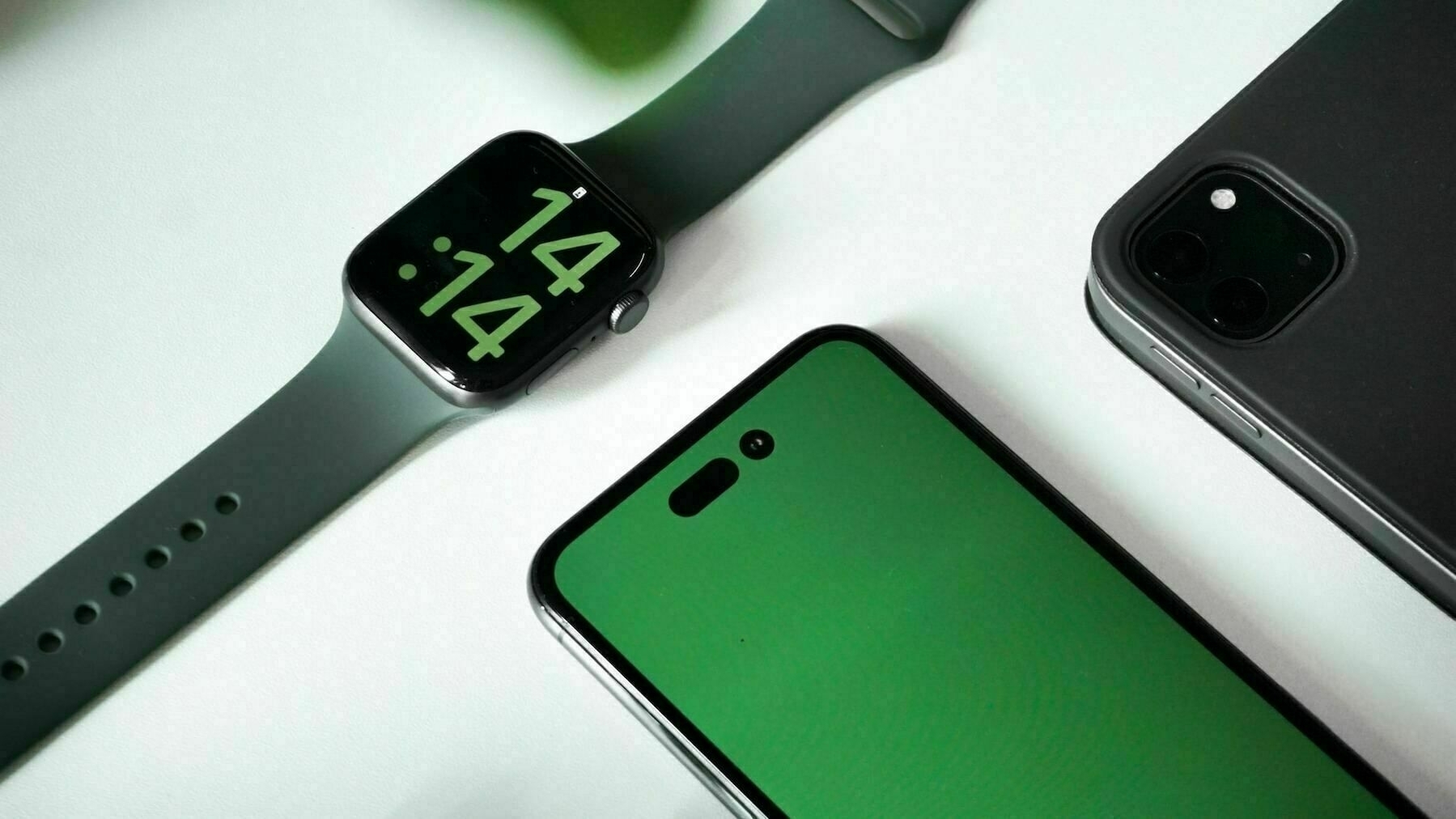At the iPhone phone launch last September, a thought started to blossom in my head. As they presented all of their new devices, that no doubt they toiled away for months to create, I couldn’t shake the feeling of melancholy. Sure, they are nice and everything, but we might just have reached the pinnacle of what Apple’s current technology can offer.
The truth is, collectively we realised this with smartphones at least a couple of years ago. The iPhone 13, was mostly the 12, that in turn was a more square version of the iPhone 11. You can track the slow and steady ticking forward of the Apple iPhone from the very first one, but what’s inside and what it can actually do tended to take strides forward at least every other year. Now, not so much.
There is a limit to what can be achieved from a rectangle of glass and metal, and there’s something to be said for Apple’s consistency instead of Samsungs spaghetti at the wall approach. Unfortunately, for Apple, the downturn in creativity and technology improvement is also shaping into other devices. I’m not kidding either, Apple Watch, iPad, AirPods, MacBook, they are all pretty meh - and thats a good thing.
You Cant Do Real Work
Apple’s most contentious device, the iPad Pro, is the perfect example. There has been very little need to upgrade your device since 2018. The current model features very little upgrade past a more powerful processor, making it a little better on battery and more able. Which is great, until you realise that most things you do on your iPad don’t even tax older iPads. The only thing that has changed a lot is the camera if that’s your thing (it really shouldn’t be).
The same can be said for Apple silicone MacBooks. The launch of the M2 MacBook Pro went by with none of the clamouring that the M1 Pro devices got. The tick that had followed the massive tock of desktop devices leaves very little need to upgrade depending on your use case. The M1 Pro powered MacBook that I do all of my work on still feels like it has headroom in every task I throw at it.
So, we’ve rubbished the upgrades for what’s in your hand, and potentially what’s in your bag, now let’s look at the Apple watch. A device that, once Apple sorted out what they wanted it to be, hasn’t seen a meaningful upgrade in years. Each year, the device gets a little faster and a little better on battery, but you’d have to jump up from a device 3–4 years old to see any improvements. Even then, the argument could be made that it wouldn’t really mean a lot.
Whilst presenting the newest version last year, almost each proposed upgrade covered could be attributed to software improvements, many of which would be rolled into older devices anyway. Thank god for the Apple Watch Ultra, one of my favourite devices for a few years, for at least a little excitement. I have a feeling that many purchases, my own included, were fuelled by the desire simply for something new.
I do think this is the right move though. No one wants to be updating their watch every year, and by providing even smaller updates there is less desire to, and less for Apple to shout about. Apple does indeed make devices more aimed towards periodic upgraders than early adopters. Those that get a free phone with their new plan every 2–3 years, rather than us hardcore upgraders.
Apple doesn’t make devices like it used to. We can’t fit them on a table as Steve Jobs said they should do, and they don’t always appeal to everyone. The devices are at the peak of what is a feasible upgrade, and that is becoming less and less about headline features. There’s less to crow about but more to love, the devices have peaked and that’s fantastic for all users, and our bank balances.

Leave A Reply Instead?
Read Comments (0)